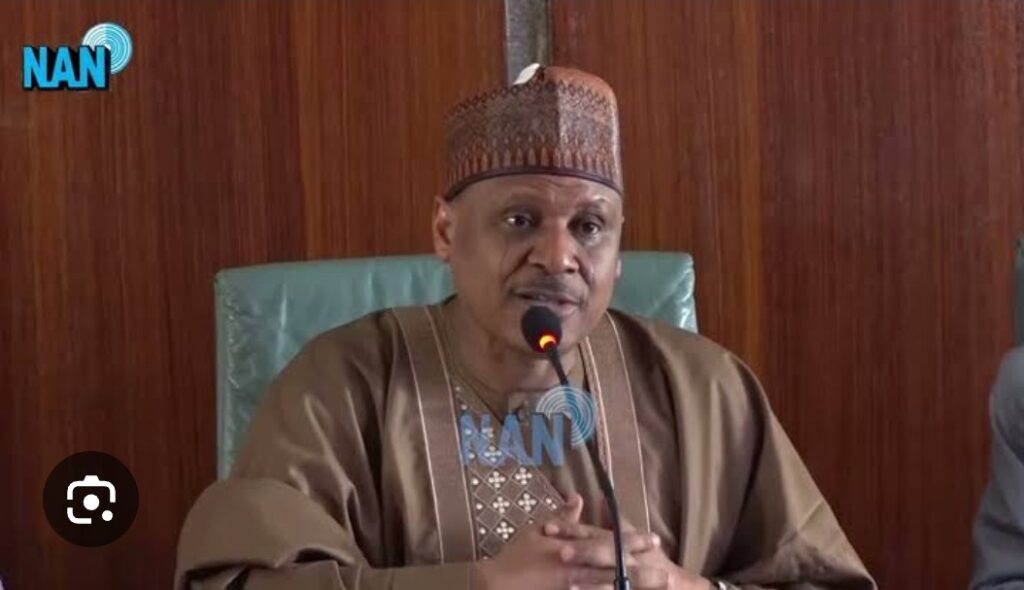The federal fovernment has approved the establishment of the National Citizens Value Brigade in primary and secondary schools across Nigeria.
This initiative, announced on Monday, seeks to address the worrying decline in good morals and values among the youth, which has sparked widespread concern over increasing misconduct.
The Minister of Information and National Orientation, Mohammed Idris, shared this development with State House correspondents following the Federal Executive Council meeting held at the Aso Rock Villa, Abuja.
Idris remarked, “Today, the council has approved several changes in our policy to strengthen our national value system. The chief of it is that the national citizen’s value brigade has been approved to be established in all our primary and secondary schools.”
Highlighting the urgency of the situation, Idris continued, “This will raise the role model citizens from Nigeria council has noted the gradual eroding of our values especially among the younger ones and this is giving rise to a kind of misbehaviour and act that are not in tune with our traditions and our norms.”
In a bid to reinforce this initiative, the Federal Government has also mandated the integration of a national value charter into the basic and post-basic school curricula. This includes standardizing national symbols, which will form key topics in civic education and be required learning for government appointees.
“Again, there was approval of inclusion of national value charter and national symbols to be made mandatory not just in our curriculum but in the teaching of civic education,” Idris explained.
The National Orientation Agency will spearhead efforts to reorient Nigerians on the proper display of national symbols, such as the flag, across public spaces and institutions. “There is also the need to value reorientation among all Nigerians and this of course the administration will pay a lot of attention to that,” Idris added.
Meanwhile, Prof. Tahir Mamman, the Minister of Education, announced that the revised curricula for schools will be implemented starting October 2024. “There is a general concern about the behaviour and conduct of our young ones in the country and our social values, and civic education is a compulsory subject in secondary schools. But with all that, we are still having some deterioration and serious concern about our national values,” Mamman noted.
He emphasized that the new curriculum will focus on imparting knowledge, skills, and values, with a special emphasis on skill development to prepare students for economic engagement upon graduation.
In addition to these educational reforms, the council approved the construction of a new senate building for the University of Ibadan, established in 1948, and discussed the financial aspects of the National Examinations Council’s operations. Mamman concluded, “The University Ibadan, which was established in 1948, is having its first Senate building, which is meant to accommodate tens of offices and principal management of the university.”
